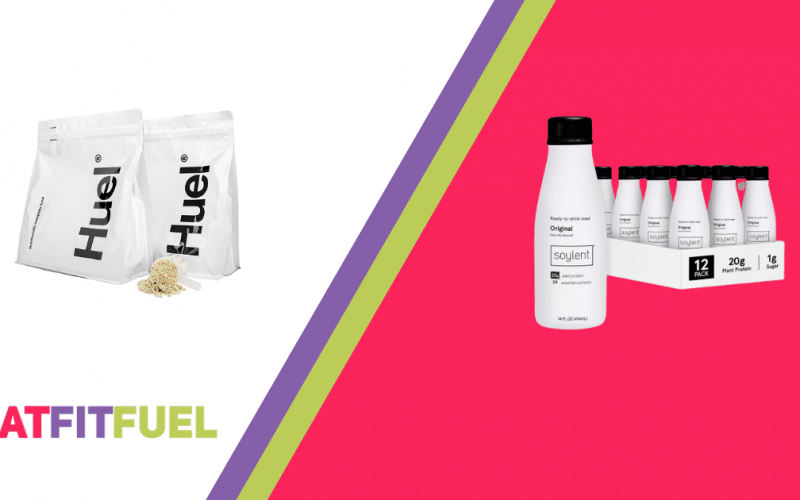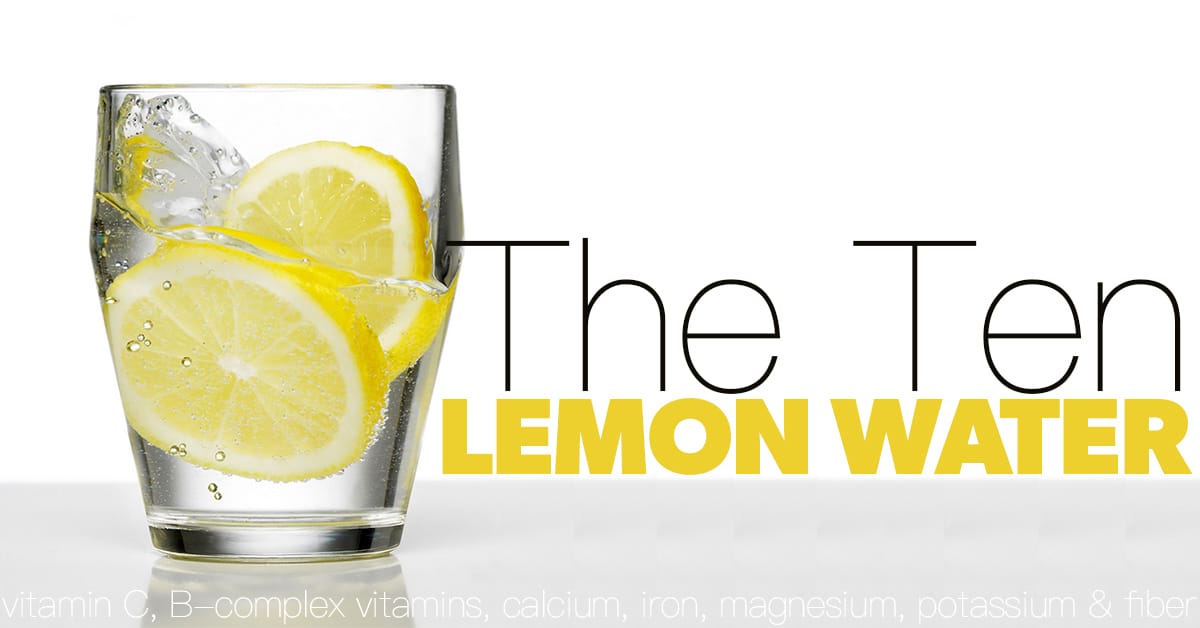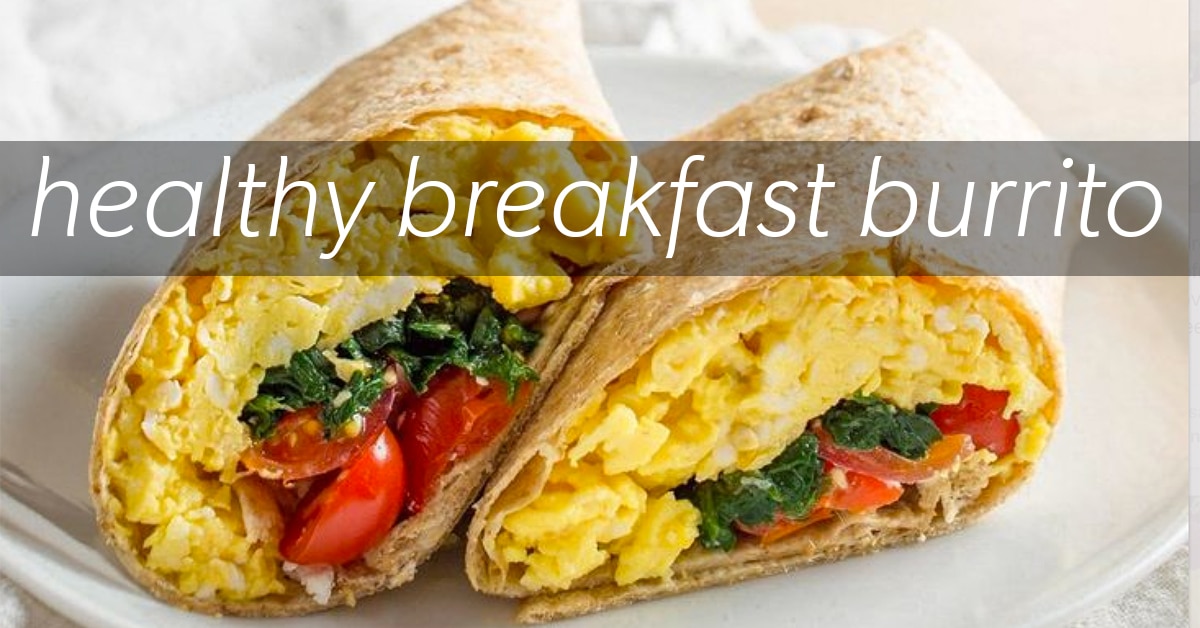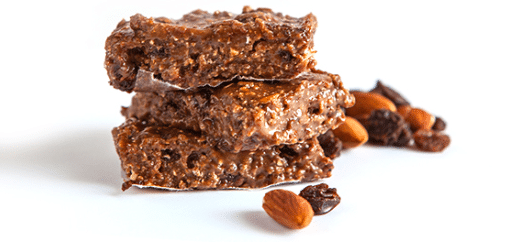To lead a healthy or nutritious lifestyle, Huel, and Soylent are effective vegan supplements to help you meet your nutritional requirements. That said, knowing which option is better for nutritional value can be a question at the back of your mind!
While both options are healthy, knowing which option’s nutritional value aligns with your health and fitness goals is vital. To use Huel or Soylent as meal replacement shakes or for your post-workout protein source, it’s smart to compare the two first. So Huel vs. Soylent, which one is better? Not to worry this article covers everything you need to know.
Huel vs Soylent – Table of Contents
- What is Huel?
- What is Soylent?
- Huel vs Soylent — Ingredients
- Huel vs Soylent — Nutritional Value
- Huel vs Soylent — Best Alternatives
Huel vs Soylent — What’s the difference
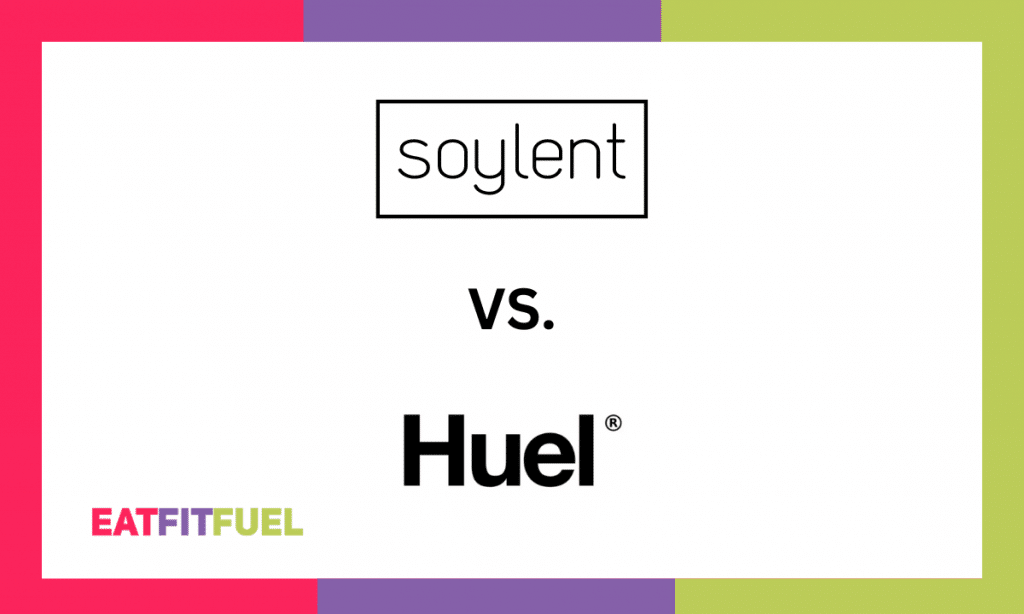
What is Huel?
Huel is a meal replacement shake and protein supplement with protein, essential fats, carbs, fiber, and 27 other essential nutrients. Unlike the more generic or traditional protein supplements on the market, Huel is completely plant-based. Created from ingredients like oats, rice, peas, coconut, and flax seed, Huel has a diverse range of nutrition.
Besides being an excellent vegan meal replacement shake, Huel has a long shelf life. This means it can stay in your pantry and be used over a longer period of time.
Huel is a popular option for meal replacement and weight management shake that helps your body meet its nutritional goals for a balanced diet.
What is Soylent?
Soylent is a plant-based or vegan meal replacement option that provides 20 grams of protein. Made primarily from soy protein isolate, Soylent is a nut-free and lactose-free protein supplement with essential vitamins and minerals.
For most vegans, meeting their protein requirement and ensuring their body gets essential nutrients like iron and vitamin D can be challenging. With Soylent you get a wide range of nutrients in a meal replacement shake that has 400 calories.
For those looking to create a caloric deficit, it’s easy to avoid meeting the minimal caloric requirement. In such cases, meal replacement smoothies like soylent are rich in fiber and provide individuals with a healthy number of calories for their meals.
Also read:
Huel vs Soylent — Ingredients
In the case of Soylent, its ingredients is primarily soy protein isolate, isomaltulose, and high oleic sunflower oil. What is high oleic sunflower oil? It is sunflower oil that has no harmful transfat and is high in monosaturated fats. So, although not advertised, there is evidence that high oleic oil reduces the risk of heart disease.
Soylent is a nut-free and lactose-free protein supplement with essential vitamins and minerals.
Huel makes use of ingredients like tapioca, coconut, peas, rice, flaxseed, and sunflower seeds. Most of Huel’s protein comes from peas and rice, which means the protein is free of lactose and easy to consume. Your overall protein intake depends significantly on the Huel product you consume.
In the case of Huel powder, typically you can expect 29 grams of protein. However, with Huel Black, you can get up to 39 grams of protein per serving.
Huel vs Soylent — Nutritional Value
Both Huel and Soylent are excellent vegan-friendly protein solutions but to help you make a suitable decision, we’ve broken down the nutritional value further.
| Nutrients | Huel | Soylent |
| Calories (Kcal) | 400 Kcal | 400 Kcal |
| Protein | 30 grams | 20 grams |
| Carbohydrates | 38 grams | 36 grams |
| Sugars | 1 gram | 1 grams |
| Fats | 13 grams | 24 grams |
| Fiber | 7 grams | 3 grams |
| Saturated Fats | 2.3 grams | 2.5 grams |
| Digestive Enzymes | No | Yes |
| Probiotics | Yes | Yes |
| Gluten | Optional | No |
Huel vs Soylent — Pricing
For pricing, Soylent is the cheaper option with both meal replacement powders (priced at $1.5) and ready-to-drink meals priced at less than $3.09 (this is considering you avail the subscription service).
That said, although Huel comes at a slightly more expensive price of $2.3 dollars for powdered meal replacements, it offers less risk of allergens not to mention there are studies that indicate soy does affect estrogen levels. That said, Huel does come with a low level of gluten while soylent is completely free of gluten.
Huel vs Soylent — Best Alternatives
When it comes to alternatives, some vegan-friendly meal replacement alternatives include Ka’chava, Garden of Life Raw Orgainic Meal, and Organic Meal by Orgain Organic. While Soylent is gluten-free and Huel is a reliable source of protein. That said, the options mentioned above come with a lower calorie count and as such can be better suited for those aiming for a caloric deficit.
Conclusion
While there are several different vegan protein powders and protein shakes to make use of, Huel and Soylent are two of the more popular options available. Given their popularity, comparing both nutritionally can be a challenging task. In this article, we did our best to outline the various ingredients and overall nutritional value that both drinks have.
That said, it’s crucial that you consult with your physician or dietitian to verify that including these in your diet is the most suitable option for you. Huel vs Soylent is a question that requires multiple factors to consider, in this article we did our best to cover what you needed to know. Did you find this article helpful? Let us know in the comments below
Frequently Asked Questions
Are Huel and Soylent both vegan-friendly options?
Yes, both Huel and Soylent are vegan-friendly options. While Soylent is gluten-free, Huel has a little gluten but has less risk of allergic reactions.
Which is more affordable Huel vs Soyent?
Soylent is the more affordable option when compared.
Is soy-based protein healthy?
Yes, however, there are certain studies that indicate that consumption of Soy protein leads to changes in your estrogen levels.
Where does Soylent get its name from?
The meal replacement shake Soylent gets its name from the novel Make Room! Which is a sci-fi dystopian novel that tells the story of dystopia with population and resource issues at its center.
Can I purchase Huel and/or Soylent from Canada?
Yes, Huel and Soylent are available online through their respective websites in Canada.
Is Huel or Soylent better for putting on weight?
Technically, both Huel and Soylent are used as meal replacements meaning which makes them better suited for portion control. That said, given their overall quantity when consumed in surplus or along with other food in a caloric surplus, they can definitely help with putting on weight.
